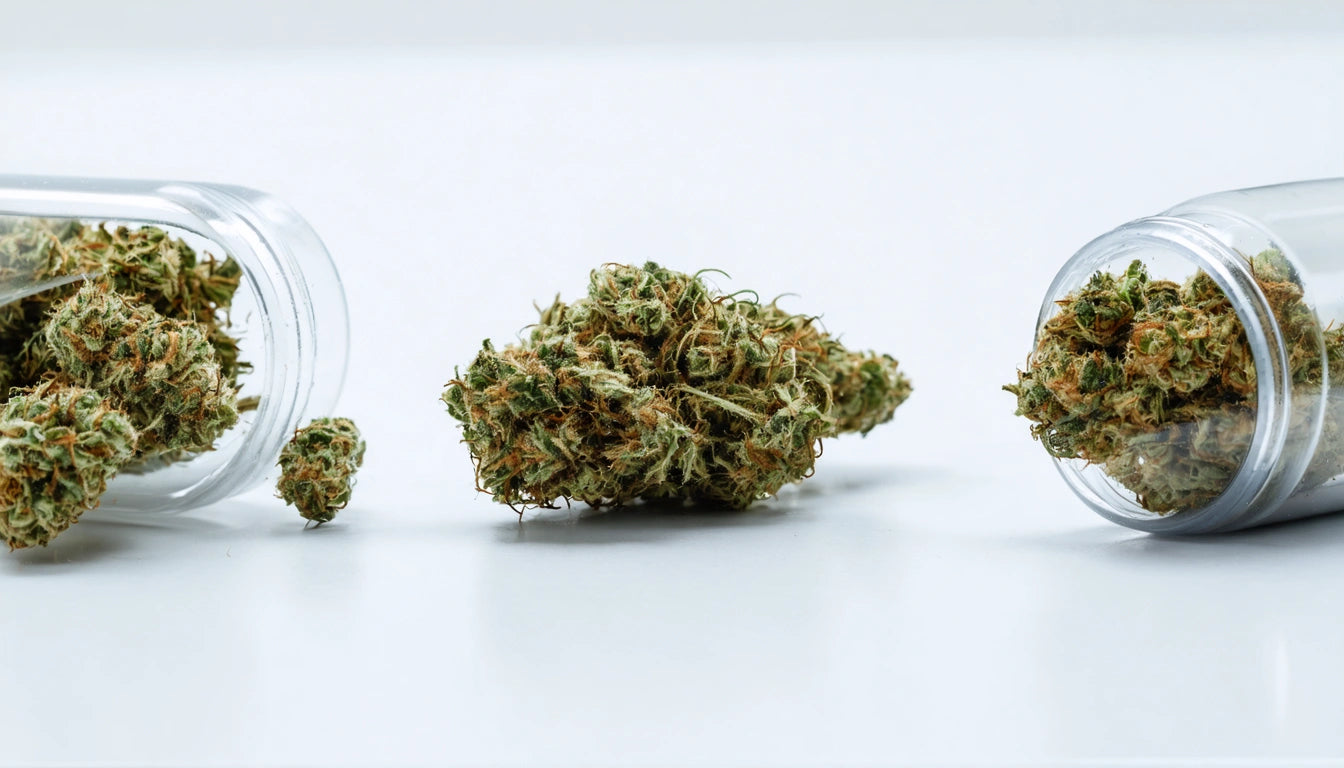Table of Contents
Legal Age Requirements for Smoking Weed: What You Need to Know
Understanding how old you have to be to smoke weed is essential for both consumers and businesses operating in the cannabis industry. As legalization spreads across the United States, navigating the patchwork of regulations can be confusing. This guide breaks down the legal age requirements for cannabis consumption, state variations, and important considerations for compliance.
Federal and State Age Requirements for Cannabis Use
At the federal level, cannabis remains classified as a Schedule I controlled substance, making it technically illegal regardless of age. However, many states have established their own legal frameworks for both medical and recreational use, with specific age restrictions.
For states that have legalized recreational cannabis, the standard legal age to smoke weed is 21 years old, mirroring alcohol regulations. This requirement applies to purchasing, possessing, and consuming cannabis products in all forms, including smoking, vaping, and edibles.
For medical cannabis programs, the requirements vary more significantly:
- Most states allow patients 18 and older to obtain a medical marijuana card
- Minors (under 18) may qualify with parental/guardian consent and physician approval
- Designated caregivers must typically be 21+ to purchase products on behalf of patients
Legal purchasing requirements extend beyond just consumption to include age verification for entering dispensaries and ordering cannabis products online.
State-by-State Breakdown of Legal Cannabis Ages
While 21 is the standard age for recreational use, specific regulations vary by state. Here's a breakdown of some key states:
California
The legal age to smoke weed in California is 21 for recreational use. For medical patients, individuals 18+ can obtain a medical marijuana card, while patients under 18 require a designated caregiver.
Colorado
Colorado maintains a strict 21+ policy for recreational cannabis. Medical cards are available to residents 18 and older, with special provisions for minors with debilitating conditions.
Massachusetts
Massachusetts requires consumers to be 21+ for recreational purchases and use. Medical patients 18 and older can register with the state program.
Other States
As legalization efforts continue nationwide, new states are establishing their regulatory frameworks, but the 21+ standard for recreational use remains consistent across jurisdictions.
Health Considerations for Young Adults and Cannabis
The established age requirements for cannabis consumption are not arbitrary. Research indicates that the human brain continues developing until approximately age 25, with the prefrontal cortex (responsible for decision-making and impulse control) being one of the last regions to fully mature.
Studies suggest that regular cannabis use during adolescence and early adulthood may impact:
- Cognitive development
- Memory function
- Attention span
- Mental health outcomes
These potential risks are part of the reason for age restrictions, similar to those for alcohol and tobacco. Additionally, teen marijuana use carries specific risks that inform public health policies around age limitations.
Compliance and Penalties for Underage Use
Violating cannabis age restrictions can result in significant penalties for both consumers and businesses:
For Individuals
Underage individuals caught possessing or using cannabis may face:
- Fines ranging from $100 to $1,000
- Mandatory drug education programs
- Community service
- Potential juvenile court involvement
- Impact on college applications or financial aid eligibility
For Businesses
Dispensaries and retailers that sell to underage customers risk:
- Substantial fines
- License suspension or revocation
- Criminal charges for employees
To prevent underage access, businesses implement strict ID verification protocols and use specialized child-resistant packaging solutions that comply with safety regulations while deterring unauthorized access by minors.
Medical Exceptions to Age Requirements
For patients under the standard legal age, access to medical cannabis typically requires:
- Diagnosis with a qualifying medical condition
- Recommendation from a licensed physician
- Parental/guardian consent and participation
- Registration with the state medical marijuana program
- Designation of a caregiver (usually a parent) to purchase and administer medication
These exceptions recognize the potential therapeutic benefits for certain conditions while maintaining safeguards against misuse. The specific qualifying conditions vary by state but often include epilepsy, cancer, severe autism, and other serious medical issues.
Parents considering medical cannabis for minors should consult with healthcare providers and review alternative consumption methods beyond smoking, such as tinctures, oils, or edibles that may be more appropriate.
Future of Cannabis Age Regulations and Public Safety
As the cannabis industry matures and more research emerges, age regulations may evolve. Key trends to watch include:
- Standardization across states as federal policy potentially shifts
- Enhanced verification technologies to prevent underage access
- More nuanced age tiers for different product types and potencies
- Integration with broader substance use education programs
The historical context of prohibition continues to influence current policies, but evidence-based approaches are increasingly shaping regulations that balance access for adults with protection for young people.
Understanding what age is legal to smoke weed in your jurisdiction is just the beginning. Responsible use includes respecting these age limits, recognizing the rationale behind them, and supporting community efforts to prevent underage access while advocating for sensible regulations based on science rather than stigma.











Leave a comment
All comments are moderated before being published.
This site is protected by hCaptcha and the hCaptcha Privacy Policy and Terms of Service apply.